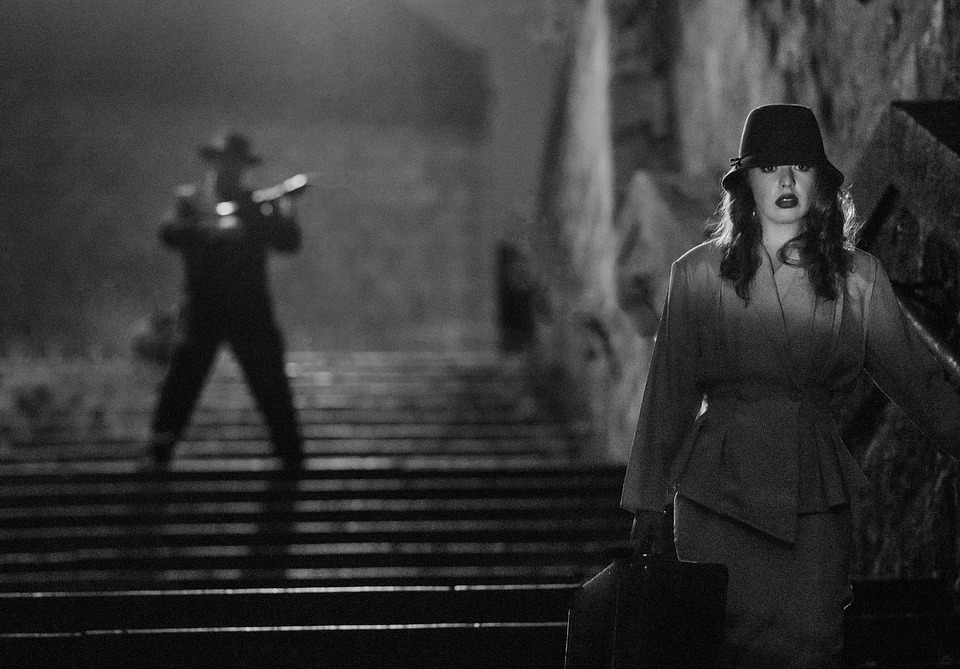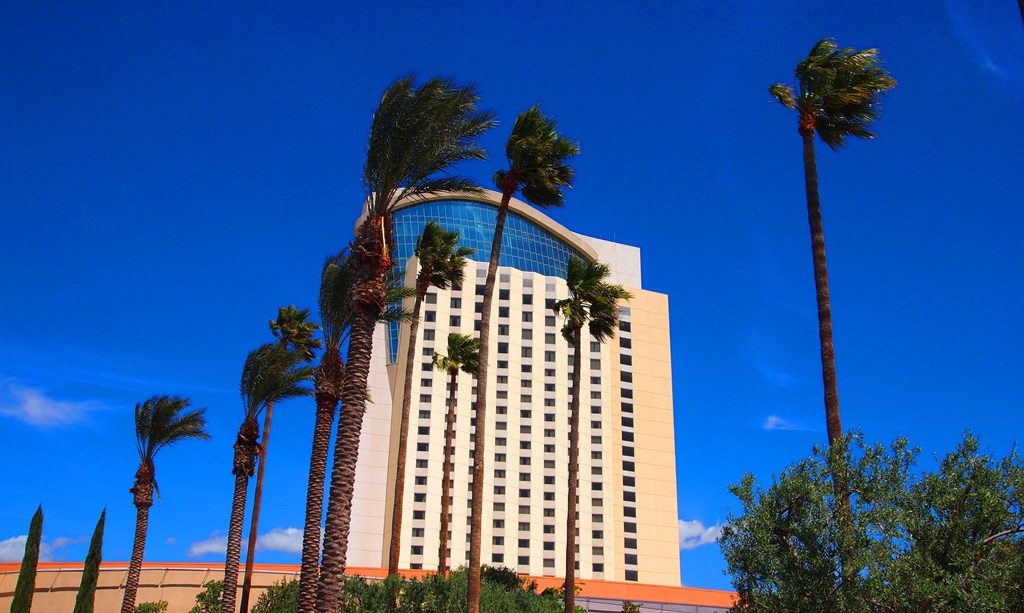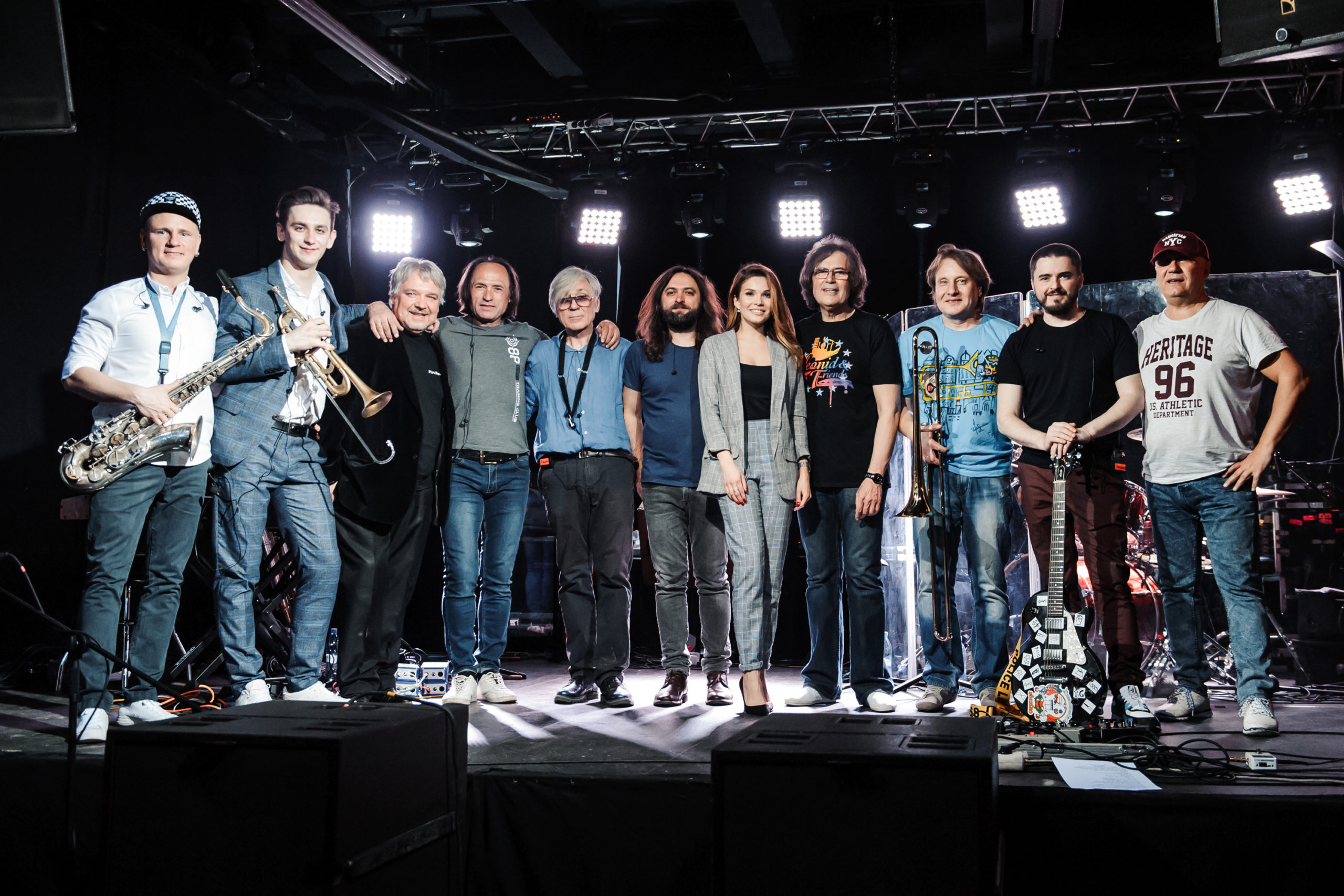By Amanda Sulker-Hall
We’ve all been told beauty is in the eye of the beholder. But what does beauty mean to young black adults in Pasadena. For so long, within American culture beauty has been displayed as one kind of woman. She is the blue-eyed, blonde-haired, all around “perfect” girl. She is the definition of beauty and what is desirable.
What have big corporate beauty companies done to misconstrue beauty?
This idea of what beautiful looks like began at the heart of a market that still controls a large part of the narrative: the cosmetic industry.
Now, I can’t give all the blame to big corporate companies that didn’t — and still don’t — have a diverse workforce to ensure that every woman feels beautiful, but they play a large part in how beauty is displayed and it has had a devastating impact on young women who seek out makeup to feel confident and comfortable in their own skin.
This is especially true for black women. When a young girl walks into her local mall or makeup store and can’t find products that are curated to highlight her rich, dark chocolate, melanin skin it’s disheartening. When I sat down with two of my girlfriends to talk on the matter we all had similar experiences.

Angelina Mason (17) relays to me, “There were solid lightening creams and it became more of a reminder to me of the colorism in media. It’s disgusting. It stems from anti-blackness. A dark skinned, black girl isn’t considered beautiful, but once her skin is separated from the black woman suddenly it’s a new trend. White women in media are getting tans so dark and people praise them while black women are made fun of for their natural complexion.”

Imani Finkley (17) agrees saying, “Makeup is a big perpetrator. It wasn’t until Rihanna, a black woman, launched Fenty that celebrated darker shades that major, older brands started doing the same. Until then, it was harder to feel beautiful if a store didn’t sell products that help you recognize it. Lack of representation in beauty magazines and model agencies is another thing that tells black women they aren’t beautiful. Natural hair discrimination in the workplace also reinforces that message: “Your natural beauty is undesirable. Adopt Euro-centric beauty standards and then maybe we can recognize your existence as a beautiful human being”
After hearing the girls’ responses I entertained the thought of a more inclusive line of makeup products and asked if down the line it might have any negative effects.
Finkley vocalized her concerns saying, “I fear that as we gain this representation our beauty in turn becomes hyper-sexualized and fetishized. For example, darker-skinned black women are getting more representation in beauty magazines and other forms of media, but when they do they tend to be practically naked and covered in baby oil. This is not to say that the representation is bad and should be restricted, but we must make sure that black beauty is presented in accurate variance because there is not one way to be black and there is certainly not one way to be beautiful.”
How has it impacted how you see yourself?
As I moved our conversation along I was curious to see how the effects of these companies impacted how they felt about themselves. “That’s a lot to unpack” Mason says. “It definitely affected me and sometimes it still does.”
Mason who’s family is half-black and half-Cambodian battled with coming to terms with both of her families’ identities.
“Asians usually associate lighter skin with a higher social status and [it] is deemed more desirable. I used to use filters when I posted pictures so I could be lighter.”
“I’m constantly reminded by my family how much darker my skin is in comparison and how it makes me not look Asian. I was disconnected from my black side, wanting to be full Asian so bad and wanting to have lighter skin and straight hair.” She recalls a situation in middle school when students would call her ‘nappy head’ and frequently told her she must have worn a weave since her curl pattern reflected her mixed heritage.
This same story is one I know every woman of color can relate to because there is a lack of education. If from a young age parents don’t expose their children to different cultures and as young adults those same children don’t seek out the knowledge themselves there becomes a gap in their understanding and acceptance of people who look any different than them. I remember not too long ago a friend of mine told me a story of a girl who naively told a large group of her peers that all black women have to use chemicals to straighten their hair.
At the time it surprised me that someone in high school could honestly believe that,but looking back it only further proves my point.
How have you been able to love your blackness?
So, in a culture that doesn’t recognize all women of color as beautiful I’m sure you’re wondering, how did we learn to embrace and love our blackness.?
Mason says, “By surrounding myself with black people who are educated on what this world has set up for black people, and who are fighting to see/create change. I want to be around people who are learning to love themselves like me especially because if the world fears one thing, it’s seeing black people loving being black.”
Though we have been shamed and systematically told we have so little value there is warmth and comfort that comes from that collective pain. There is a sisterhood and brotherhood that is undeniable in every minority community.
Finkley adds, “I’ve been able to embrace my blackness by relentlessly and unapologetically entering spaces that are traditionally not meant for me. I’ll enter conferences, workspaces and classrooms as the only black person or the only black woman and still ask the questions that make everyone else uncomfortable. I’ll wear my hair in Afro and protective styles because I love it and I’m not looking for anyone else’s approval. And it’s those moments where I push myself to challenge societal standards not designed for my liberation that I find the freedom to explore and ultimately love my blackness.”
Personally for me I agree with both parts of my friends perspective journeys. It takes a village of other strong women that have experienced and moved through the same stages of emotions. Through my hair and my hair stylists I have been able to love the inner and outer parts of myself. When hearing Finkley’s story I think back to the time I first wore my hair in a curly afro. I instantly felt like a spotlight had been placed upon me when I stepped into any public area. I have never feared the curious glances but it was the first time I felt like I was revealing who I was to the world. It was an act at the time I would have never considered bold but it was the first time I also felt so free. I could literally let my hair down and appreciate all it is in its truest form.
Beauty is a term that has changes its meaning as we continue to grow and mature. For all of us, finding contentment in ourselves is a daily challenge but it is one we are all willing to take on. Loving yourself and your heritage is an act of rebellion to any that have told you we are not beautiful.






